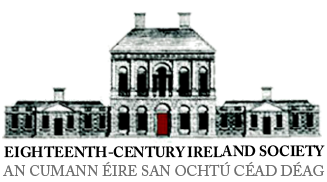Type: Article
Douglas, Aileen. ‘Mrs. Dingleys Spectacles: Swift, Print and Desire’, Eighteenth-century Ireland/Iris an dá chultúr, Vol. 10 (1995), pp 69-77.
In his Journal to Stella, Jonathan Swift is concerned with the idea of seeing a theme expressed through the symbolism of Mrs. Dingleys spectacles. Just as Lemuel Gullivers spectacles allow him to see, or rather, to have an understanding of human identity, Rebecca Dingley is the third party, who both sees and does not see. Swift, knowing that Dingley read his letters to Stella since Stellas eyes were too weak to read them herselfmade Dingleys participation integral to the text. The rhetorical structures of the Journal dictate what Rebecca Dingley sees. The article also explores Dingleys eyes as crucial to Swifts expression of sexual desires, for her inclusion dissipates the Journals sexuality by turning it into a joke. While it is evident that Swift did not initially intend the Journal for publication, it is within the framework of the epistolary novel that the subject comes into being, and provides a space for passion which might not otherwise exist. Finally, Douglas draws comparisons with Richardsons Pamela to suggest that the Journal to Stella shares with eighteenth-century novels an understanding of the erotic possibilities of print.
